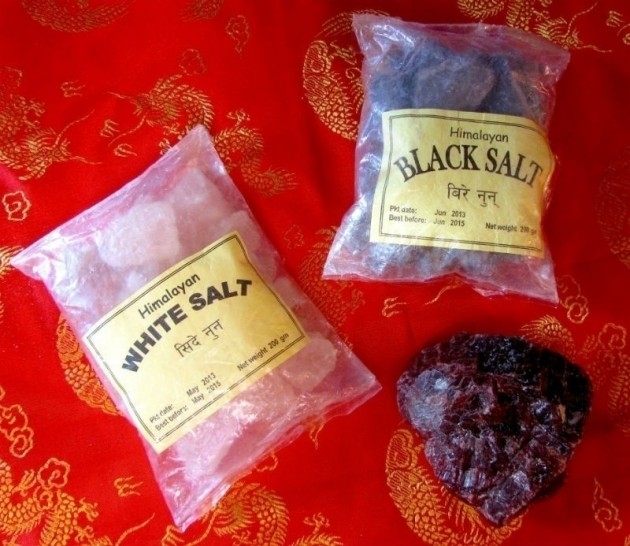What We SHOULD Eat
1. Nutrient-Dense Leafy Greens - daily, unlimited amounts! The more the better! One or two types at any time. Explore the many kinds. Try kale, mustard greens, collards, dandelion greens, arugula, beet greens, parsley, cilantro, spinach, swiss chard, endive, green and red lettuce, turnip greens, lamb’s lettuce, watercress, fresh herbs, etc…...
Why Eat Raw Organic Plant Food?
What would you give for fewer colds/allergies, more energy, a slender body, a sharper mind, clear skin, better digestion, and slashed risk of heart disease, stroke, cancer, diabetes, arthritis, osteoporosis, gallstones, infections, and premature death? No drug or surgery or supplement can give you all these. But a natural diet and lifestyle can.
Alzheimer's Disease
Adapted from the book "BrainRecovery.com" by David Perlmutter, MD Board-Certified Neurologist At present, approximately 4.5 million Americans have Alzheimer's disease. By the year 2030, it has been estimated that this number will approach 9 million. Prevalence of Alzheimer's disease has been estimated to be 50% in individuals 85 years or older-the most rapidly growing segment of...
Asthma
Asthma is a disease in which inflammation of the airways restricts airflow in and out of the lungs. The word asthma comes from the Greek word for "panting." The panting and wheezing sound characteristic of asthma occur because of the restricted flow of air. Normally, when you breathe in an irritant or are subjected to a stressor such as exercise, your airways relax and open, allowing...
Blood Interpretation
Cholesterol Cholesterol values should only be analyzed after a 12 hour fast. Further, the physician must be aware that the patient's posture prior to the blood draw is significant. If the patient has been in a recumbent posture for more than 20 minutes, cholesterol values may be up to 15% lower than normal. Cholesterol is a blood fat which is the prime building block component to make...
Garlic Health: Is Garlic a Villain or Benefactor?
Many of my patients and audience members at lectures have asked me the above-titled question using different verbiages on different occasions. Why ask about garlic, the food we love to spice our meals with so often, despite the attendant aroma?
Cardiovascular Disease
Definitions of Cardiovascular Disease Risk Factors Total cholesterol Cholesterol is a waxy fat like substance. Total cholesterol refers to the sum of the different sub-fractions of cholesterol that are measured in the blood. Total cholesterol is an independent risk factor for cardiovascular disease. The National Cholesterol Education Program says 240 is considered high. A person with this level...
Female Conditions
Amenorrhea Absence of menstruation. Amenorrhea may be primary (the girl has never begun her periods) or secondary (the woman had her periods once and then stopped having them). Physiologic amenorrhea is the lack of menses before menarche, during pregnancy and early lactation, and after menopause (all considered normal). All other causes of amenorrhea are pathologic. Causes of Primary...
Liver / Gallbladder
Hepatopathy: any disease of the liver. Hepatotoxin: a toxin that destroys liver cells. Cholestasis: stoppage or suppression of bile flow, due to factors within (intrahepatic cholestasis) or outside the liver (extrahepatic cholestasis). Cirrhosis: a liver disease characterized pathologically by the loss of the normal microscopic lobular architecture and regenerative...
Neurological Conditions
Neurological Conditions The Interplay of Neurotransmitters & Mental States The body is the theater for emotional and cognitive states. Whether mood or mental issues express themselves through behavior or physical functioning-neurotransmitters are one group of characters at play. Memory and cognitive processes are heavily dependent on acetylcholine, a neurotransmitter...







